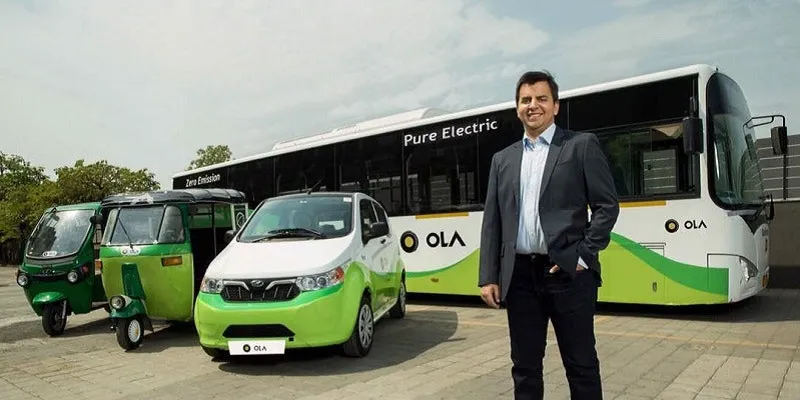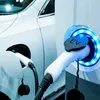[Funding alert] Hyundai and Kia bet on Ola Electric Mobility
The investment made in Ola Electric will allow Hyundai to get all the information required to launch the next electric vehicle, at an affordable cost.
Automakers Hyundai and Kia Motors invested an undisclosed amount in Ola Electric Mobility, according to the Competition Commission of India (CCI). Ola Electric Mobility is now valued at more than $1 billion. Thus, giving it the status of a unicorn.
The development follows the $300 million investment made by the South Korean automaker Hyundai in ANI Technologies, which owns Ola cabs.
Ola has already begun piloting its electric mobility services in Nagpur and is trying out battery swap as the viable option to extend battery life and reduce the total cost of ownership.

Hyundai, which recently launched its first EV Kona, has a definite strategy to launch more EVs in the next five years. The investment made in Ola Electric will allow Hyundai to get all the information required to launch the next electric vehicle, at an affordable cost.
The government has been rooting for battery-operated vehicles to increase sustainable mobility, and Niti Aayog, the government think-tank expects to take the country by electric vehicles by 2030.
This would reduce India's dependence on fossil fuel, which affects the current account deficits, by creating an energy sharing economy. However, with the growth of electric mobility as a business, the government must plan for peak loads and ensure that the grid can support more than three million electric vehicles.
At present, India has more than 1.5 million electric vehicles. During the last financial year, more than 750,000 EVs were sold, a majority of them being electric autos - 630,000 units.
The electric mobility industry, however, will have to supplant the three million passenger vehicles sold in the country, to be commercially viable. Companies like Sun Mobility have already taken big bets, to make commercial and passenger transport vehicles go all electric with their swap battery.
The company is going to share its battery technology with OEMs who want to focus on the design of the vehicle, and share battery technology with an energy provider, like Sun Mobility.
Ola Electric is in talks with Sun Mobility. Ride-hailing services Uber is already in advance talks to use the swap battery technology, which is to be piloted soon in India.
While automobile sales have dropped significantly as consumers are delaying the purchase of vehicles, on the face of an economic slowdown, shared mobility as a concept, is gaining importance in the automobile industry.
(Edited by Suman Singh)






![[Funding alert] Hyundai and Kia bet on Ola Electric Mobility](https://images.yourstory.com/cs/2/22035640-2d6d-11e9-aa97-9329348d4c3e/Ola-electric11562247234345.png?mode=crop&crop=faces&ar=2:1?width=3840&q=75)


